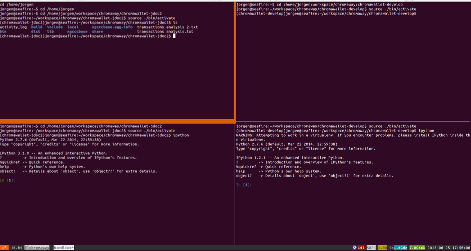The alternative to snooping all communication is physical security
Leaving the privacy issues aside for the moment, relying on snooping to fight terrorrism is a very dangerous game. Once it stops working, society has no good way of defending itself. It is better to go down the route of physical security.
Amendment 2017-04-05: This goes also for using the financial system as leverage: When you are not callling the shots anymore, and your enemies are routing around your financial system, what are you gonna do?
The UK government is considering to outlaw all communication that cannot be eavesdropped.
Being able to eavesdrop on all communication is a very cheap way to fight terrorism. It creates leverage. But leverage can also be dangerous, when it suddenly does not work anymore, such as if the government loses its ability to eavesdrop due to a new piece of software, algorithm or usage pattern. Much more focus should be given to hardening the physical defenses of critical infrastructure and better policing. These methods will not fail catastrophically, while snooping may and probably will do so in the future.
It is unfortunate that we may need to expend a lot more money on physical security and travelling encumbrances, but as we get more freedom in cyberspace, other freedoms in the physical world will change.
Talking about this issue earlier this year, David Cameron questioned that if in their country, they should allow a means of communication between people which they cannot read, reported the Daily Star. Answering his question with a no, Cameron had said that being the Prime Minister he will make sure it is a comprehensive piece of legislation that makes sure that they didn't allow terrorist safe spaces to communicate with each other.
Read more: Link - UK to ban WhatsApp under 'snoopers charter' law | Business Standard News
